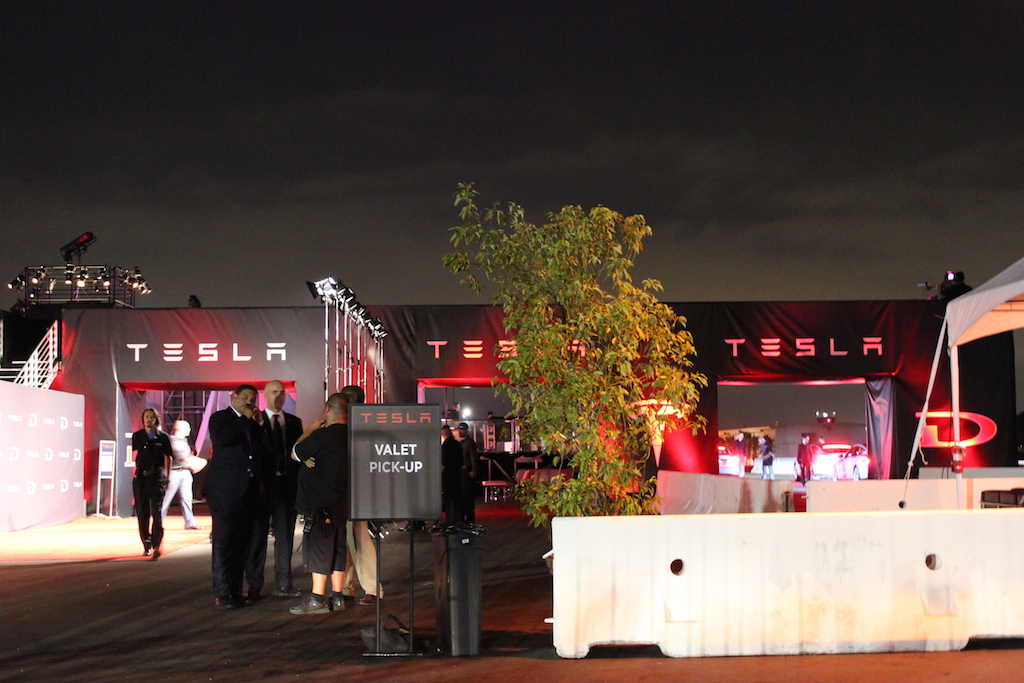Investor's Corner
Tesla Motors Secret Weapon: Thoughts and Lobbying Efforts
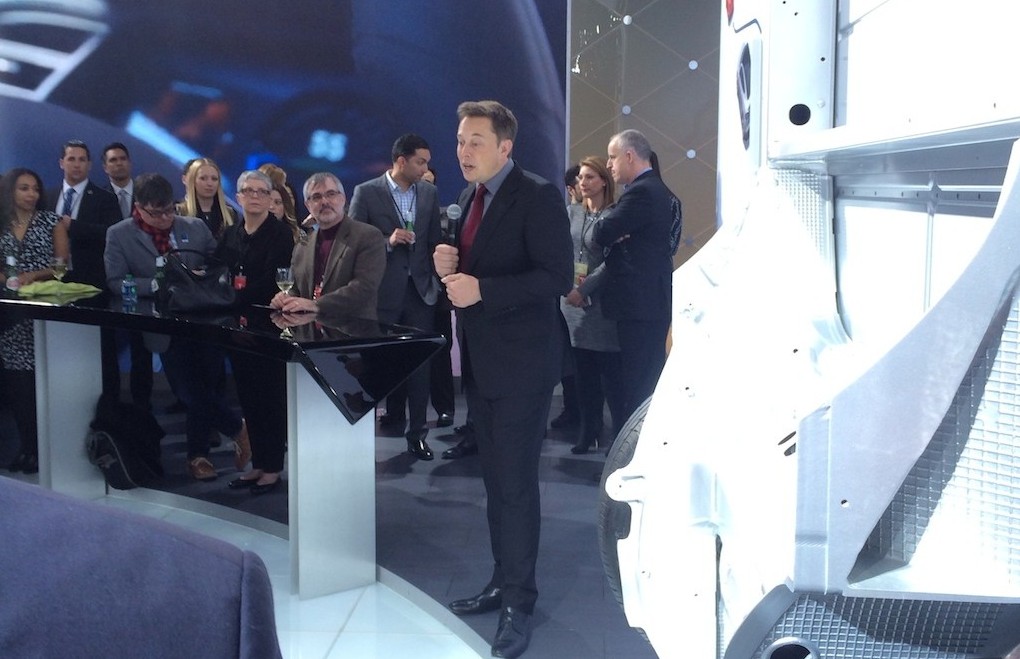
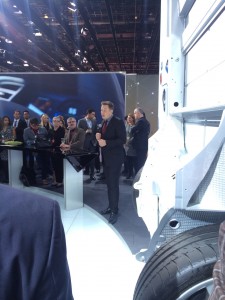
Elon Musk speaking to fans at the North American International Auto Show in Jan. of 2015. (Source: KmanAuto)
Release the hounds and engage the thrusters, Tesla’s 2015 dealer association battles are well underway this year in many states, such as New Jersey, Connecticut and Texas. According to the the Texas Tribune, Tesla Motors has spent between “$625,000 and 1.18 million on lobbyists in the state’s most recent legislative session.” In past legislative sessions, dating back to to 2013, Tesla has spent a much more conservative amount in the range of $170,000 to $370,000.
So how does an investor or an Tesla enthusiast view this current strategy by Tesla Motors? Maybe a more aggressive lobbying strategy should have been done earlier? Or is it good timing or has the Silicon Valley automaker decided it’s the right time to strike?
In 2014, Tesla Motors was an online monster, newsmaker, and discussion board darling. The news came fast and furious, with more superchargers, the new Model P85D, the gigafactory launch and a new machine component facility in Lathrop, CA. With this growth, Musk may have felt it was the right time for better PR and a fully-realized lobbying strategy with state legislators.
The waiting game’s timing seems to have allowed legislators and the dealers to over reach in 2015. A recent dealer association’s argument posits that Tesla might not be around (bankrupt) for the long-term and where will consumers go for service (they may have a point if all legislative bodies adopt anti-capitalism stances–Luddites).
Why lobby now? Maybe Musk saw the writing on the wall in late 2014 with Tesla’s lack of demand in China and knew increased demand for the Model S was probably needed for a big 2015 in the U.S.
>> Related News: Tesla Motors Reassigns Jerome Guillen to Customer Satisfaction position, restructures global sales departments.
In the most recent earnings call, Musk mentioned a “secret weapon against dealerships” as it related to global car demand and Tesla deliveries for 2015. One thing we know, this secret weapon isn’t a legal loophole, otherwise they would have used it by now, right?
With this in mind, I visited some Tesla Motors discussion boards to see what’s being suggested as this “secret weapon” against dealers? Some have suggested an updated battery technology, but Musk has pointed to the gigafactory’s supply chain for near-term innovation and dampened, in general, battery breakthrough ideas.
Others push the idea of more Tesla taxis or rental cars in play to get more “butts in seats.” However, I don’t see that as direct response to dealerships.
An interesting suggestion from “subhuman” (yep, that’s correct username) on the TMC discussion board mentioned “a lifetime warranty or extremely long warranty period” that could highlight the paradigm shift of electric car technology to the car-buying public. On the TMC board, ‘subhuman’ suggests, “Elon has always said that he wants to run the service center at a zero profit, what better then buying a car that you will never have to pay to have serviced.”
With a prolonged dealership lobbying strategy this year and this type of extended service proposal, car buyers will understand more of the electric car proposition. Even libertarians are seeing the raging hypocrisy (listen to Energy Gang, “Why More Tea Partyers Are Rallying Behind Solar”) over the issue of consumer liberties and the ability to buy a car or energy platform that suits their needs.
So does Tesla’s business model and dealer fight have legs beyond just car enthusiast sites, financial blogs and discussion boards? We’ll see.
Investor's Corner
Tesla welcomes Chipotle President Jack Hartung to its Board of Directors
Tesla announced the addition of its new director in a post on social media platform X.
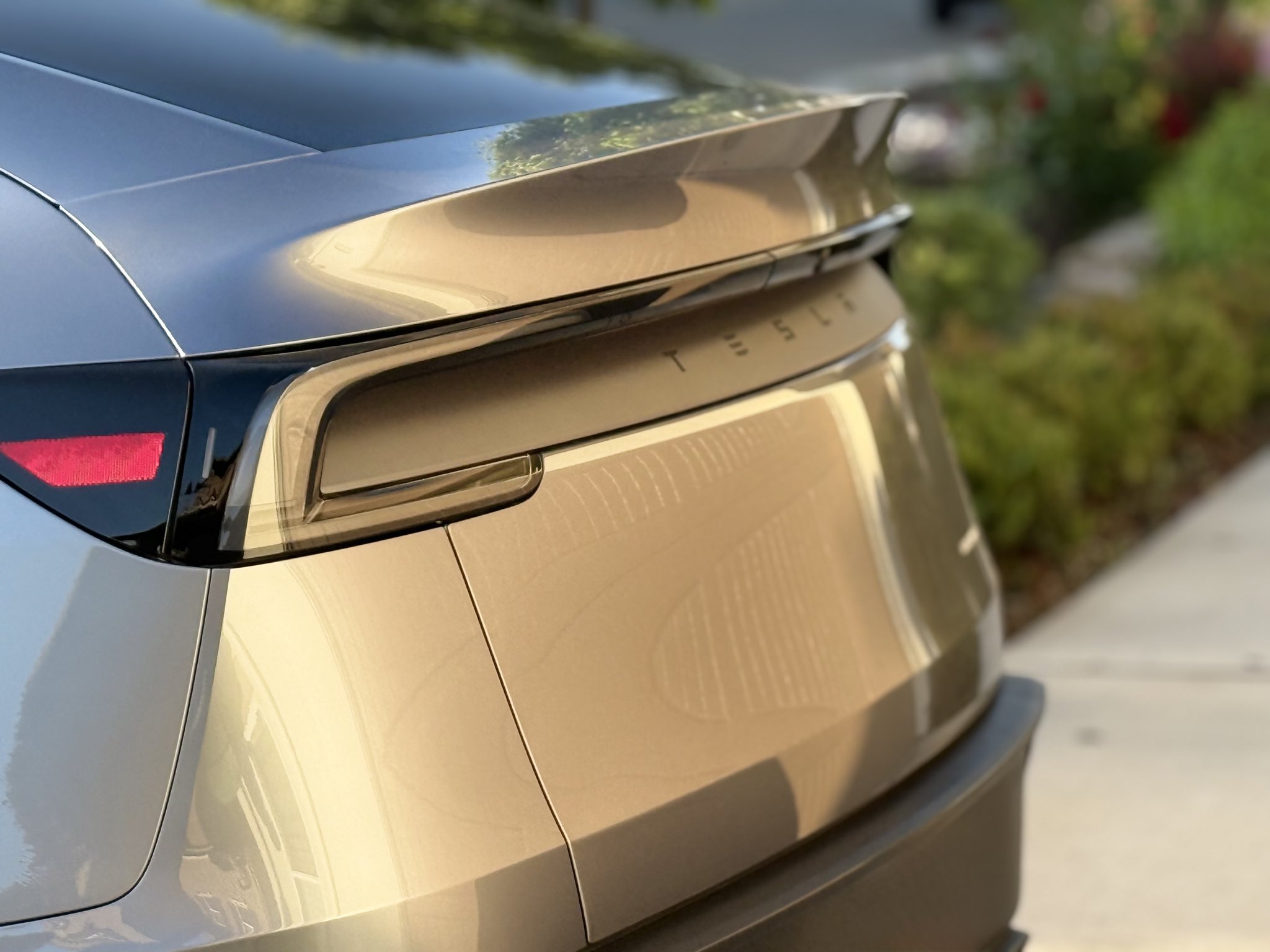
Tesla has welcomed Chipotle president Jack Hartung to its Board of Directors. Hartung will officially start his tenure at the electric vehicle maker on June 1, 2025.
Tesla announced the addition of its new director in a post on social media platform X.
Jack Hartung’s Role
With Hartung’s addition, the Tesla Board will now have nine members. It’s been a while since the company added a new director. Prior to Hartung, the last addition to the Tesla Board was Airbnb co-founder Joe Gebbia back in 2022. As noted in a Reuters report, Hartung will serve on the Tesla Board’s audit committee. He will also retire from his position as president and chief strategy officer at Chipotle, and transition into a senior advisor’s role at the restaurant chain, next month.
Hartung has had a long career in the Mexican grill, joining Chipotle in 2002. He held several positions in the company, most recently serving as Chipotle’s President and Chief Strategy Officer. Tesla highlighted Hartung’s accomplishments in a post on its official account on X.
“Over the past 20+ years under Jack’s financial leadership, Chipotle has seen significant growth with over 3,700 restaurants today across the United States, Canada, the United Kingdom, France, Germany, Kuwait and the United Arab Emirates. Jack was named ‘CFO of the Year’ by Orange County Business Journal and Best CFO in the restaurant category by Institutional Investor,” Tesla wrote in its post on X.
Tesla Board and Musk
Tesla is a controversial company with a controversial CEO, so it is no surprise that the Board of Directors tend to get flak as well. Two weeks ago, for example, Tesla Board Chair Robyn Denholm slammed The Wall Street Journal for publishing an article alleging that company directors had considered a search for a potential successor to Elon Musk. Denholm herself has also been criticized for offloading her TSLA shares.
More recently, news emerged suggesting that the Tesla Board of Directors had formed a special committee aimed at exploring a new pay package for CEO Elon Musk. The committee is reportedly comprised of Tesla board Chair Robyn Denholm and independent director Kathleen Wilson-Thompson, and they would be exploring alternative compensation methods for Musk’s contributions to the company.
Investor's Corner
Rivian stock rises as analysts boost price targets post Q1 earnings
Rivian impressed with smaller-than-expected losses & strong revenue, pushing analysts to raise price targets.
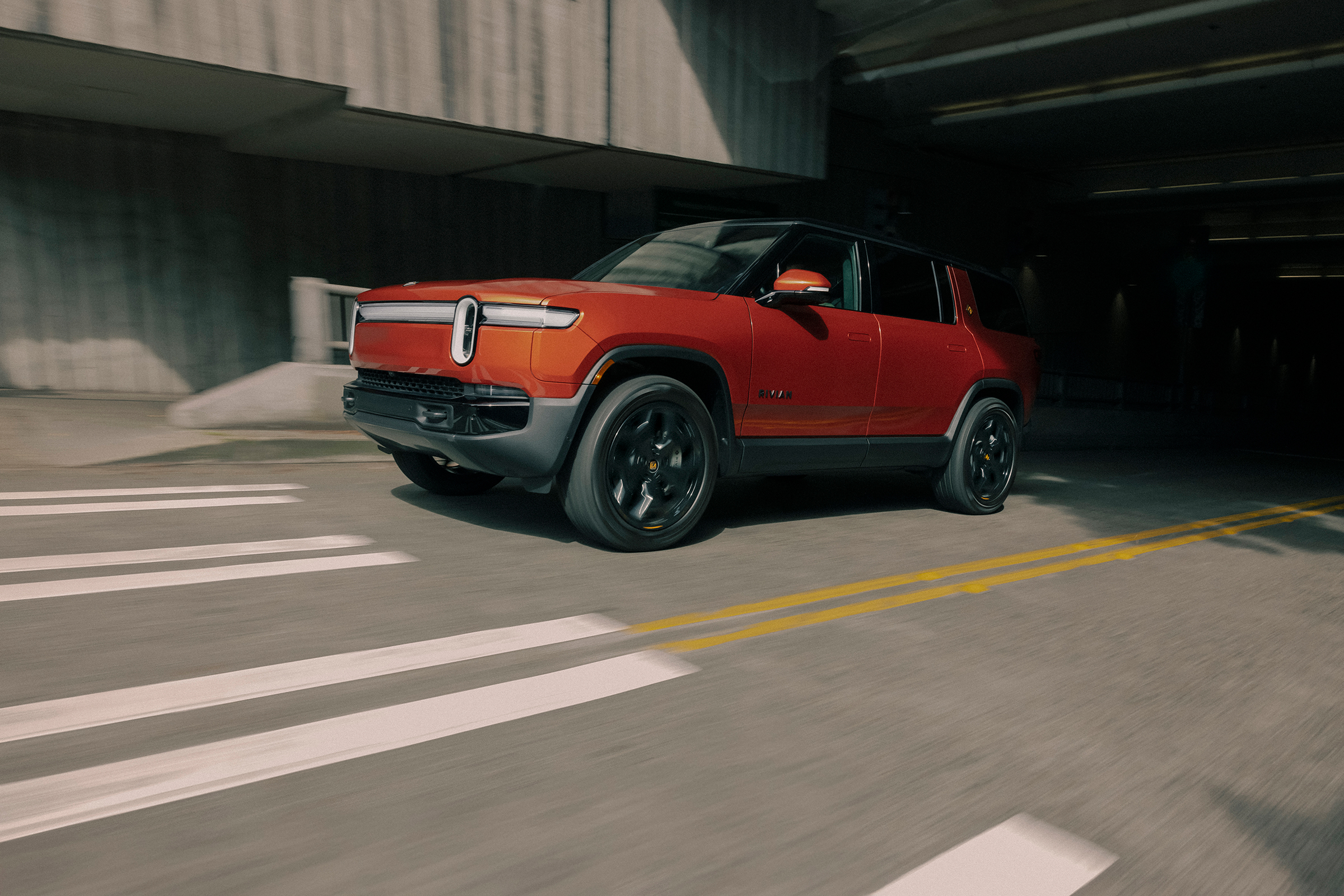
Rivian stock is gaining traction as Wall Street analysts raise price targets following the electric vehicle (EV) maker’s first-quarter earnings report. Despite a dip after the announcement, optimism surrounds Rivian’s cost control and upcoming lower-priced cars.
Last week, Rivian reported a better-than-expected Q1 gross profit, surpassing Wall Street’s forecasts with adjusted losses of $0.48 per share against expectations of $0.92 per share. The company also reported a revenue of $1.24 billion compared to the $1.01 billion anticipated.
However, the EV automaker cut its 2025 delivery forecast and capital spending due to President Donald Trump’s tariffs. It explained that it is “not immune to the impacts of the global trade and economic environment.” RIVN stock dropped nearly 6% post-earnings, closing at $12.72 per share.
Wall Street remains upbeat about Rivian, citing progress toward launching lower-priced vehicles in 2026 and effective cost management. On Monday, Stifel analyst Stephen Gengaro raised his RIVN price target to $18 from $16, maintaining a “Buy” rating. He highlighted Rivian’s “solid progress” toward key milestones.
Conversely, Bernstein’s Daniel Roeska gave RIVN a “Sell” rating. However, Roeska also lifted his Rivian price target to $7.05 from $6.10, acknowledging “better” Q1 results. He warned that profitability remains distant and hinges on multiple product launches by the decade’s end.
Overall, Wall Street’s average price target for RIVN climbed from $14.18 to $14.31, a modest 13-cent increase reflecting positive sentiment. About one-third of analysts covering Rivian rate it a Buy, compared to the S&P 500’s average Buy-rating ratio of 55%.
On Monday, Rivian stock rose 2.7% to $14.64, slightly trailing the S&P 500 and Dow Jones Industrial Average, which gained 3.3% and 2.8%, respectively. The uptick may also stem from broader market gains tied to news of a temporary U.S.-China tariff suspension.
As Rivian navigates trade challenges and scales production at its Illinois factory, its Q1 performance and analyst support signal resilience. With lower-priced EVs on the horizon, Rivian’s strategic moves could bolster its position in the competitive EV market, offering investors cautious optimism for long-term growth.
Investor's Corner
Tesla (TSLA) poised to hit $1 trillion valuation again amid reports of Trump China deal
TSLA stock was up about 8% at $322.56 per share on Monday’s premarket.
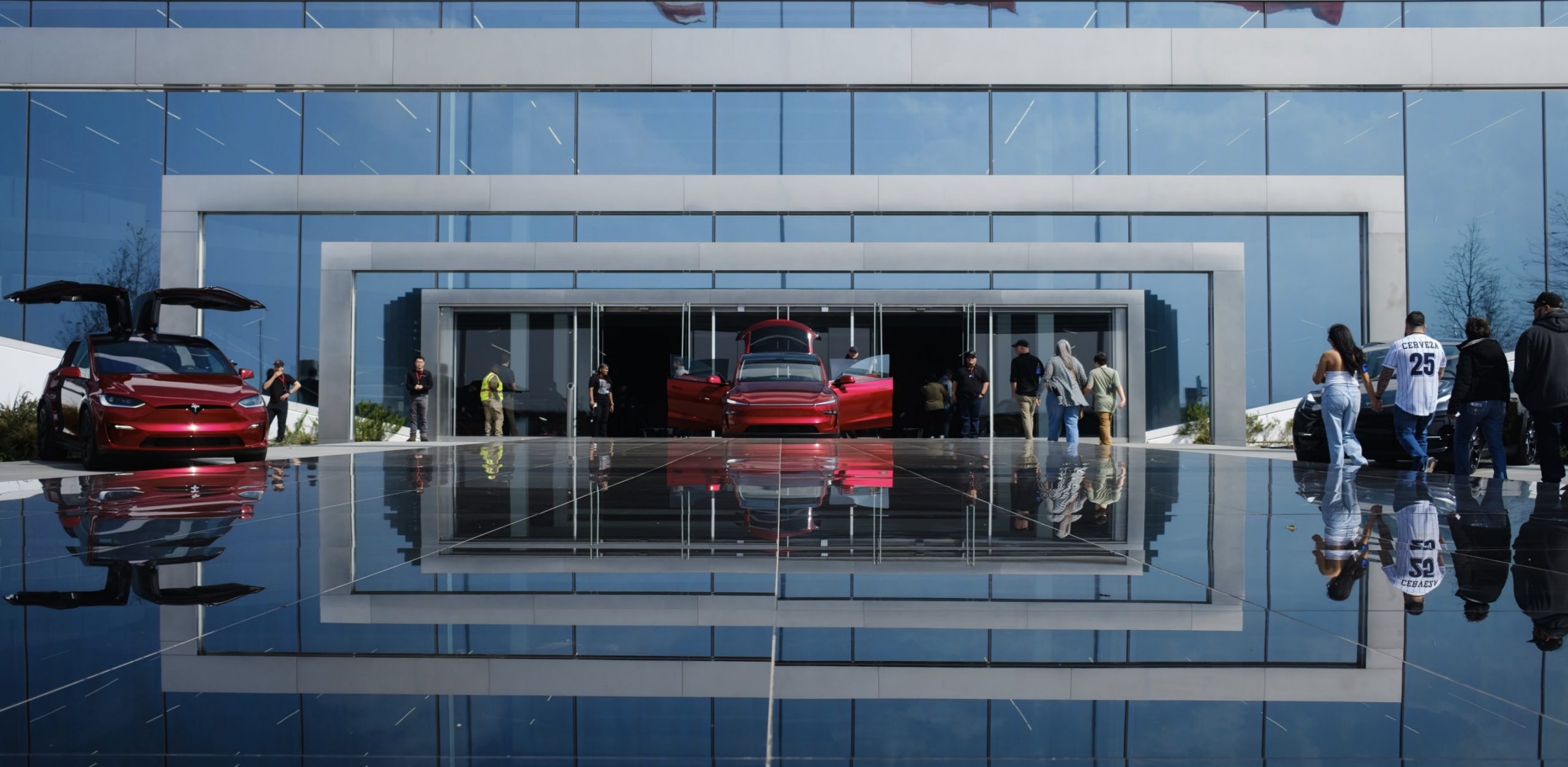
Tesla shares (NASDAQ:TSLA) are on a tear on Monday’s premarket amidst reports that the United States and China have agreed to significantly roll back tariffs on each other’s goods for an initial 90-day period.
As of writing, the premarket price of TSLA shares suggests that the electric vehicle maker might end Monday with a $1 trillion valuation once more.
Tesla and China
TSLA stock was up about 8% at $322.56 per share on Monday’s premarket. As noted in a report from Barron’s, these prices suggest that the company could achieve a trillion-dollar valuation again, a level not seen since late February. Similar to Tesla, the S&P 500 and the Dow Jones Industrial Average were also up 2.8% and 2.1%, respectively, on Monday’s premarket.
The United States and China’s decision to roll back its tariffs would likely be appreciated by CEO Elon Musk. Despite working for the Trump administration’s Department of Government Efficiency (DOGE), and despite Tesla being least affected by the Trump administration’s tariffs due to its strong domestic supply chains in the United States, China, and Europe, Musk has noted that he is a supporter of non-predatory tariffs.
The United States and China’s Agreement
In a joint statement from the United States and China posted on the White House’s official website, the two countries agreed to lower reciprocal tariffs on each other by 115% for 90 days. This means that the United States will temporarily lower its overall tariffs on Chinese goods from 145% to 30%, as noted in an ABC 12 report. China, on the other hand, will also lower its tariffs on American goods from 125% to 10%.
The talks were led by Chinese Vice Premier He Lifeng and Treasury Secretary Scott Bessent and U.S. Trade Representative Jamieson Greer, as per the joint statement. Bessent shared his thoughts about the matter in a comment in Geneva. “The consensus from both delegations is neither side wants to be decoupled, and what have occurred with these very high tariffs … was an equivalent of an embargo, and neither side wants that. We do want trade. We want more balance in trade. And I think both sides are committed to achieving that,” he said.
A spokesperson from China’s Commerce Ministry also shared a statement about the matter. As per the spokesperson, the deal was an “important step by both sides to resolve differences through equal-footing dialogue and consultation, laying the groundwork and creating conditions for further bridging gaps and deepening cooperation.”
-
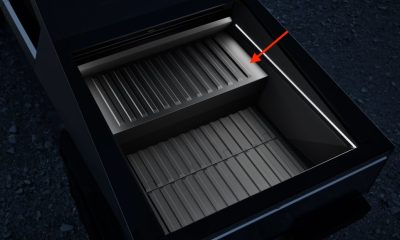
 News2 weeks ago
News2 weeks agoTesla Cybertruck Range Extender gets canceled
-
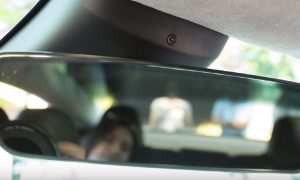
 Elon Musk6 days ago
Elon Musk6 days agoTesla seems to have fixed one of Full Self-Driving’s most annoying features
-

 Lifestyle2 weeks ago
Lifestyle2 weeks agoAnti-Elon Musk group crushes Tesla Model 3 with Sherman tank–with unexpected results
-

 News2 weeks ago
News2 weeks agoStarlink to launch on United Airlines planes by May 15
-
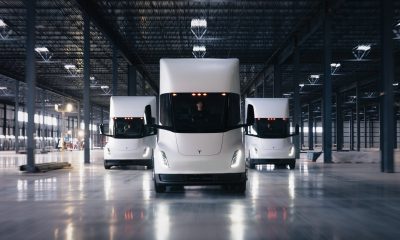
 News2 weeks ago
News2 weeks agoTesla Semi gets new adoptee in latest sighting
-
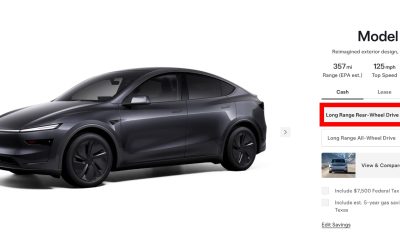
 News2 weeks ago
News2 weeks agoTesla launches its most inexpensive trim of new Model Y
-
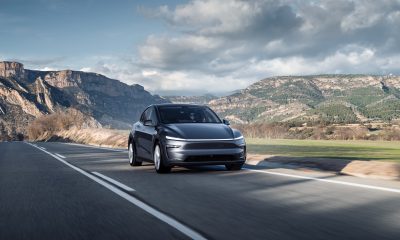
 News2 weeks ago
News2 weeks agoUS’ base Tesla Model Y has an edge vs Shanghai and Berlin’s entry-level Model Ys
-

 News2 weeks ago
News2 weeks agoTesla Cybertruck owners get amazing year-long freebie

